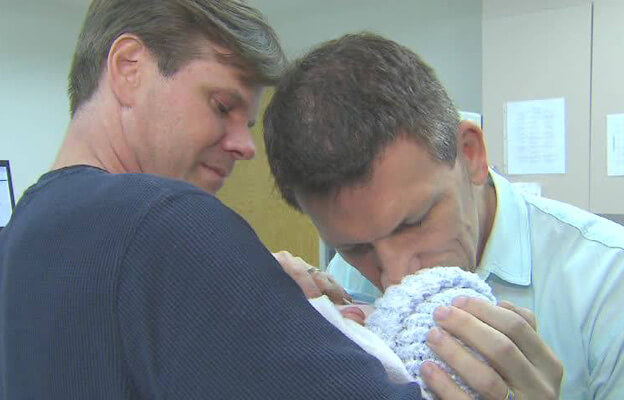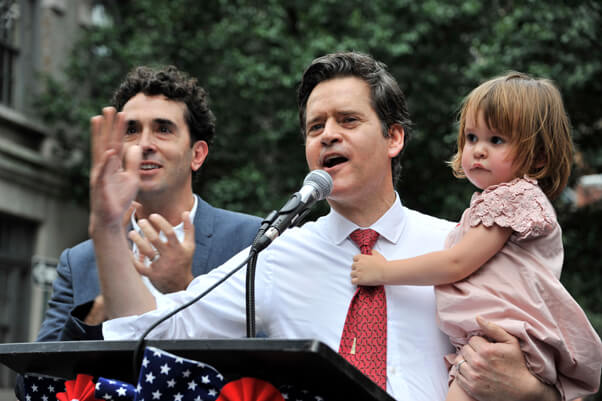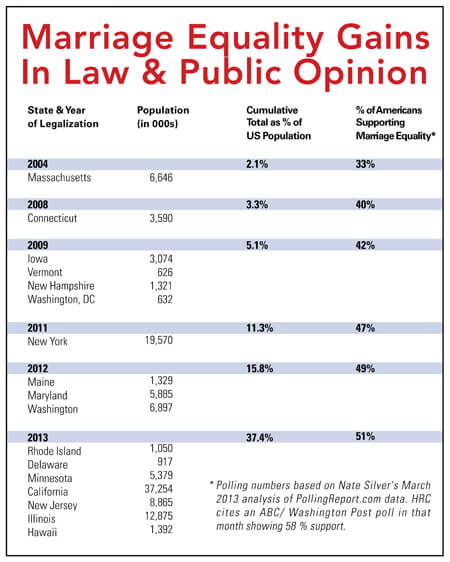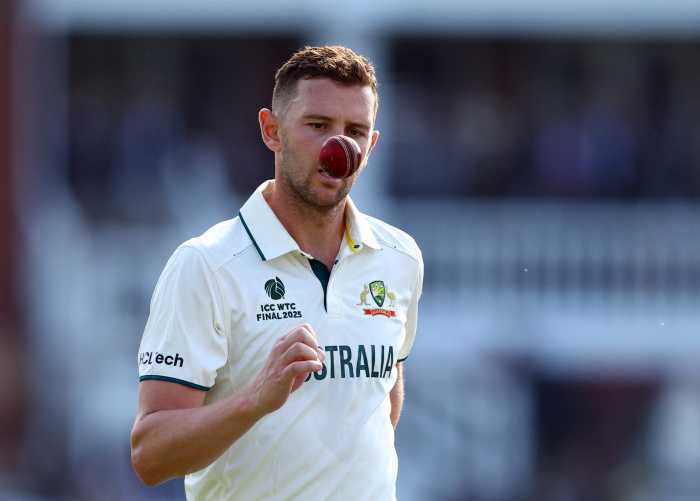On February 13, a federal district judge denied a motion by two Palm Beach County psychologists to block enforcement of the county’s ordinance forbidding licensed health care practitioners from providing “sexual orientation change efforts,” also commonly known as “conversion therapy,” to minors.
Judge Robin L. Rosenberg’s refusal of a preliminary injunction extends as well to a similar ordinance enacted in the Palm Beach County community of Boca Raton. She concluded that the plaintiffs failed to show they were likely to prevail on their argument that the measures violate their First Amendment free speech rights.
Rosenberg appears to be the first district judge to take on recent Supreme Court rulings that might make it more difficult for governments to defend these laws against constitutional attacks. Just weeks ago, a federal magistrate judge in Tampa recommended that the district court there grant a preliminary injunction against enforcement of Tampa’s ordinance banning conversion therapy practitioners while the litigation proceeds. The district court has not yet ruled on that recommendation.
Magistrate Judge Amanda Arnold Sansone’s recommendation in the Tampa case was based heavily on the US Supreme Court’s ruling last June in National Institute of Family and Life Advocates (NIFLA) v. Becerra that a California statute requiring clinics to advise clients about the availability of state-financed abortion services violated the clinics’ First Amendment rights. Justice Clarence Thomas’ opinion for the court specifically rejected assertions by two federal appeals courts, in cases regarding conversion therapy bans, that “professional speech” is entitled to less constitutional protection than other speech.
Sansone construed the Supreme Court’s ruling to require Tampa’s ordinance to be held to a “strict scrutiny” standard and concluded that the plaintiffs were likely to prevail, at least regarding the “talk therapy” that the plaintiffs claimed to be providing their patients.
Without explicitly mentioning Sansone’s analysis, Rosenberg rejected it, concluding that the question of what standard such ordinances should be held to is “unsettled” at best, and that the cases Sansone relied on do not necessarily lead to the conclusion she reached.
Rosenberg, in contrast, applied different levels of judicial review to the ordinances. Using the least demanding level of review, “rational basis,” she easily rejected the contention that the city and county were acting irrationally or without justification in passing the ordinances. She devoted significant space to summarizing the evidence considered by legislators about the damage conversion therapy can inflict on minors as well as its lack of effectiveness in changing sexual orientation. Minors, she noted, are in no position to give informed consent to the therapy.
Alternately applying “heightened scrutiny,” often used in evaluating free speech challenges to laws like these, Rosenberg found that the legislative records back up the city and county’s claims that important governmental interests in protecting minors are advanced by the conversion therapy bans.
In turning to the most demanding level of review, “strict scrutiny,” Rosenberg noted that the burden was on the government defendants to show they had a compelling interest at stake and had employed a narrowly tailored approach without unnecessarily abridging free speech. Here, Rosenberg acknowledged that the question of narrow tailoring was the challenging part of the analysis. The plaintiffs had suggested that a ban on aversion therapy or other forms of non-talk, coercive therapy would suffice. But Rosenberg cited evidence that talk therapy itself may have harmful effects and that, as to it pertains to minors, it is not really consensual.
In the end, Rosenberg concluded that the plaintiffs did not definitively show that strict scrutiny was the appropriate standard for review nor did they have a substantial likelihood of proving at trial that the ordinances were insufficiently narrowly-tailored. As a result, Rosenberg did not issue a preliminary injunction.
Most significantly, Rosenberg distinguished this case from the NIFLA clinics case in California, which, she pointed out, did not involve regulating speech that was part of treatment, while in this case, the speech is a tool in the process of providing treatment, and state and local governments have traditionally regulated treatments offered by licensed professionals.
In the California case, she wrote, “the doctors were compelled to speak, despite the fact that the required notice ‘is not an informed-consent requirement or tied to a procedure at all.’”
Rosenberg’s action leaves to a later stage in the litigation a more definite ruling on the appropriate level of review and the ultimate merits of the case. In the meanwhile, conversion therapy practiced on minors in Palm Beach County and the city of Boca Raton will continue to be illegal for licensed health care practitioners.
The plaintiffs are represented by Liberty Counsel, the anti-LGBTQ legal organization that also represents the psychologists attacking the Tampa ordinance, as well as psychologists in New Jersey who have petitioned the Supreme Court to revive their First Amendment challenge to that state’s ban on conversion therapy for minors.


































